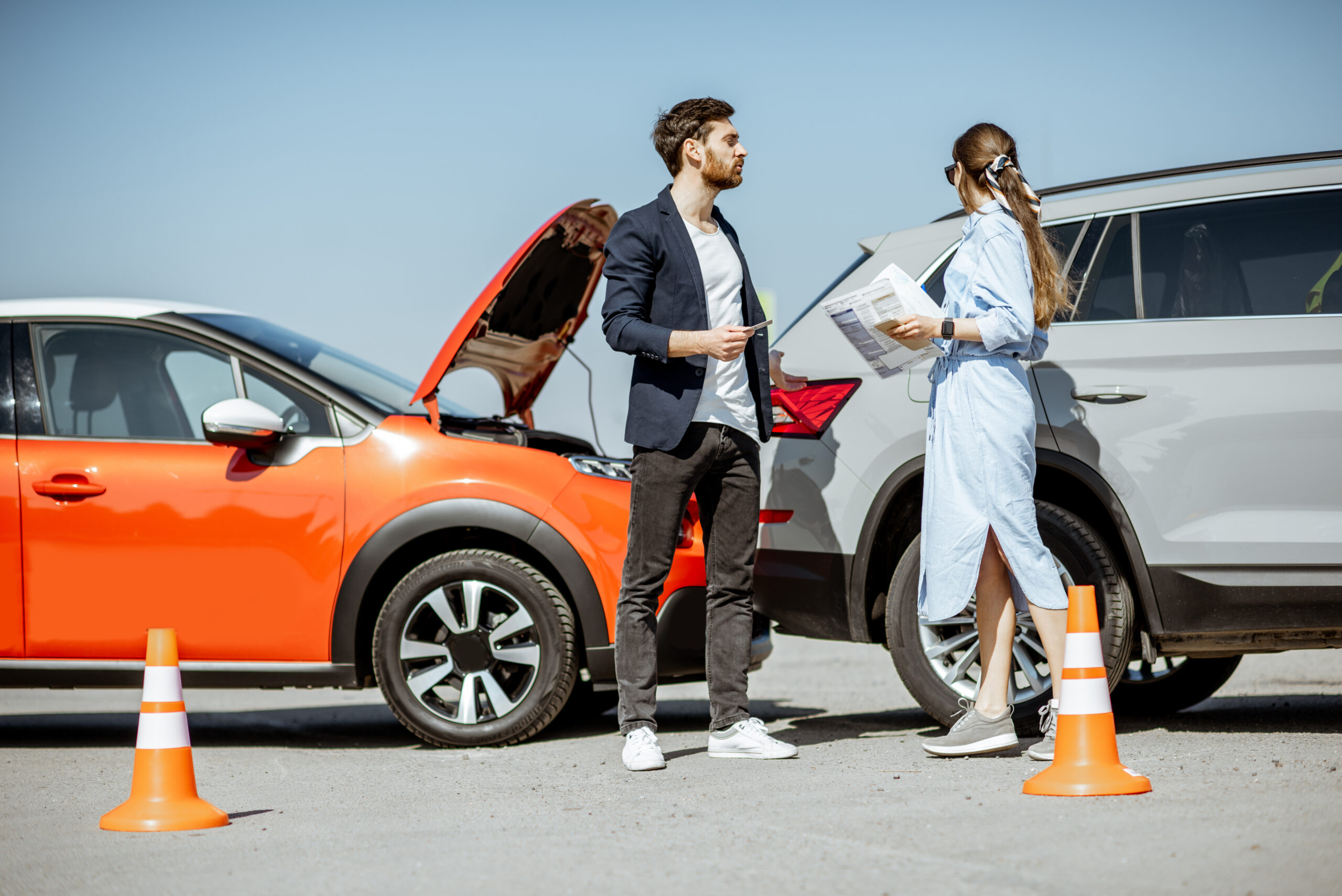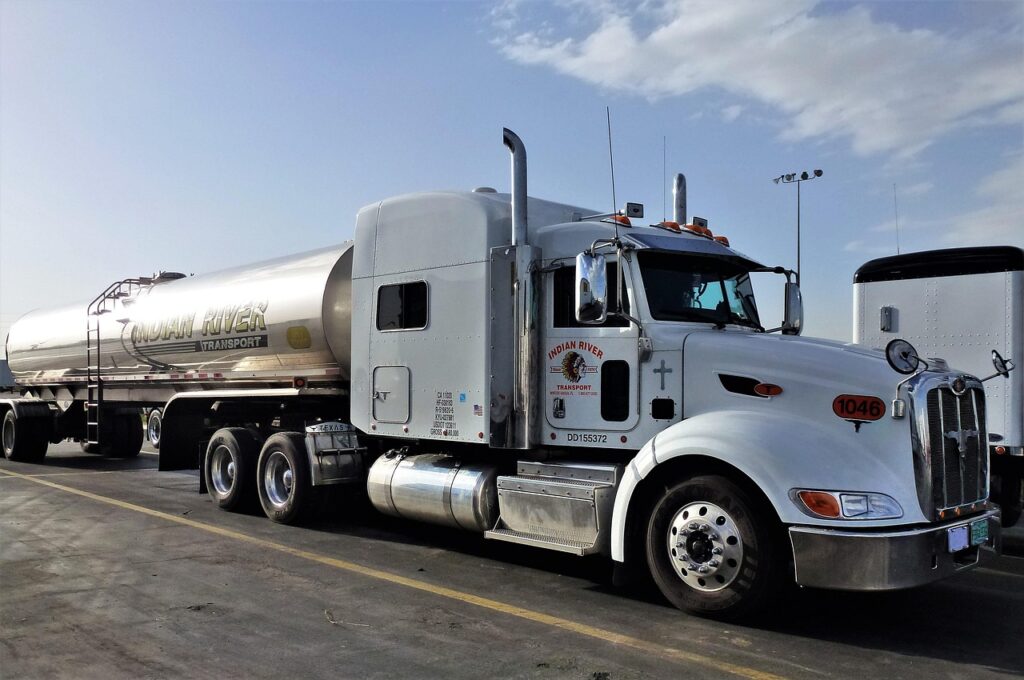Now Reading: What Causes Most Car Accidents in Texas
-
01
What Causes Most Car Accidents in Texas

What Causes Most Car Accidents in Texas
Car accidents are a significant concern in Texas, accounting for countless injuries and fatalities each year. The primary causes of most car accidents in Texas include distracted driving, speeding, and driving under the influence of alcohol or drugs. These factors greatly increase the risk of collisions and can often be prevented with responsible behavior on the road.
Distracted driving, which often involves activities like texting or adjusting the radio, diverts a driver’s attention and drastically reduces reaction time. Speeding is another major contributor, as it limits the driver’s ability to stop quickly and safely navigate traffic conditions. Driving under the influence further impairs judgment and motor skills, leading to a higher likelihood of accidents.
Human Error and Negligence
Human error and negligence encompass several key factors, such as distraction, speeding, and impaired driving, contributing significantly to car accidents.
Distraction and Inattention
Drivers distracted by smartphones, navigation systems, and other in-car technologies pose a grave risk. Texting while driving is a major contributor, as it involves visual, manual, and cognitive distractions. Eating, adjusting the radio, and interacting with passengers are other common distractions. Visual distractions—taking eyes off the road—account for many accidents.
Speeding and Reckless Driving
Reckless driving behaviors, like tailgating and making sudden lane changes, elevate the risk of multi-car pile-ups and side-impact collisions. These actions often stem from impatience or aggressive driving attitudes. Speed limits are set to ensure safe driving conditions, but many ignore these rules, increasing accident rates.
Impaired Driving
Driving under the influence (DUI) of alcohol or drugs impairs judgment, coordination, and reaction times. Alcohol-related accidents tend to occur at night when visibility is already reduced, compounding the danger. Even legal drugs, like sleep aids or pain medications, can cause drowsiness or delayed reactions.
Field sobriety tests and breathalyzers are tools used by law enforcement to detect impaired drivers.
Environmental and Roadway Factors
Environmental and roadway factors play a significant role in causing car accidents in Texas. Key contributors include adverse weather conditions, poor road maintenance, and road design and layout issues.
Adverse Weather Conditions
Adverse weather conditions such as heavy rain, fog, and ice greatly affect driving safety. Rain can lead to hydroplaning and reduced visibility, while fog severely limits a driver’s ability to see far ahead.
Ice and snow, though rare in Texas, can create treacherous driving surfaces. Wind can also be dangerous, especially for high-profile vehicles like trucks, which can be blown off course.
Poor Road Maintenance
Poor road maintenance contributes significantly to accidents. Potholes, cracks, and uneven surfaces can cause drivers to lose control of their vehicles. Debris and unclear road markings also increase risks. Drivers must be vigilant for sudden obstructions or rough patches.
Road Design and Layout
Road design and layout often affect accident rates. Sharp curves, narrow lanes, and poorly designed intersections can all lead to collisions. Complex interchanges and abrupt traffic pattern changes also present challenges. Proper planning and engineering can minimize the risks associated with these factors.
Vehicle-Related Issues
Various car accidents in Texas are caused by problems pertaining to the vehicles themselves. These issues include mechanical failures, tire blowouts, and faulty traffic signals, which can lead to severe consequences on the road.
Mechanical Failures
Mechanical failures contribute significantly to car accidents. Critical systems like brakes, steering mechanisms, and the transmission can malfunction, leading to loss of control.
Brake Failures: If brakes fail, stopping the vehicle becomes nearly impossible, increasing the risk of collisions.
Steering Issues: Problems with the steering system can make it difficult to navigate or avoid obstacles.
Tire Blowouts
Tire blowouts can suddenly disrupt driving and cause accidents. Various factors lead to blowouts, such as under-inflation, overloading, or hitting road debris.
Under-Inflation: Tires not at the recommended pressure are more prone to blowouts.
Road Hazards: Stones, glass, and other debris can damage tires, causing them to burst unexpectedly.
Faulty Traffic Signals
Faulty traffic signals contribute indirectly to car accidents. When traffic lights malfunction, drivers may become confused, leading to dangerous situations.
Legal Implications and Assistance
In the aftermath of a car accident, determining legal responsibilities and knowing how to seek compensation can be crucial.
Legal Responsibilities After an Accident
After an accident, drivers have certain legal responsibilities. They must stop their vehicle and exchange information with the other party. Failing to do so can result in legal consequences. Reporting the accident to law enforcement is necessary, especially if there are injuries or significant property damage.
Seeking Compensation through Litigation
Victims of car accidents can seek compensation for medical expenses, lost wages, and other damages. Filing a personal injury lawsuit may be necessary if an insurance settlement does not cover all losses. Hiring an attorney experienced in Texas car accident law can be beneficial.
Role of DUI Attorneys
When a driver is impaired by alcohol or drugs, a DUI attorney can provide essential legal assistance. In cities like Amarillo, TX, DUI attorneys specialize in defending clients charged with driving under the influence. They understand local laws and can help navigate the legal processes.
They can ensure that the responsible party is held accountable and that victims receive the financial support they need for recovery.










